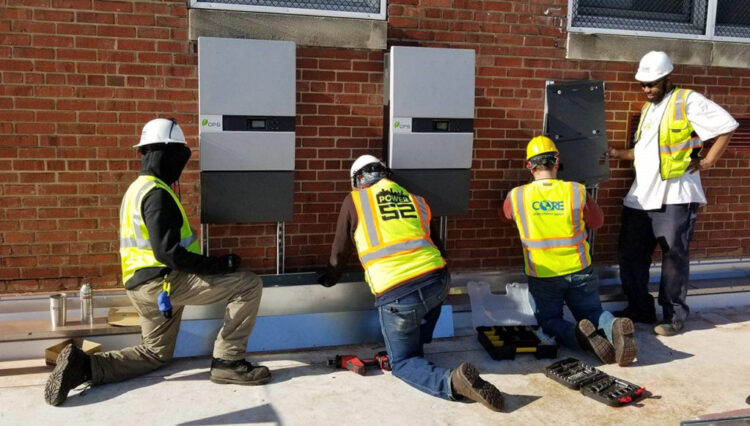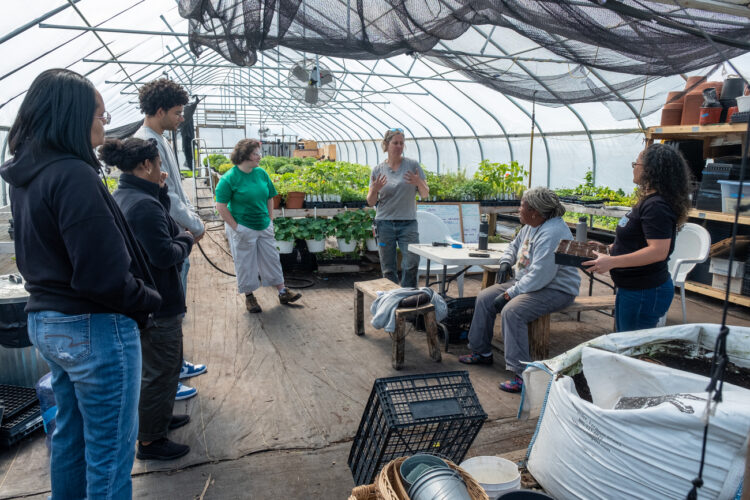People around the world are working hard to make their air cleaner, their workplaces safer, and their futures healthier. At ISC, we work with communities, partners, experts, and funders to create solutions with lasting impact.
Our Local Approach to Global Impact
Since 1991, ISC has partnered with communities to protect what matters most—health, safety, and the strength to face the future.
By supporting community-led leadership, strengthening local economies, and helping build healthier, safer places to live and work, we’re driving lasting change—together. Through this work, we’re not only improving lives today but helping communities thrive for generations to come.
Support, From the Inside Out
Our work starts where it matters most—inside the communities that are facing the biggest challenges. To strengthen their resilience for the future, we co-create solutions that are practical, scalable, and built for long-term success.
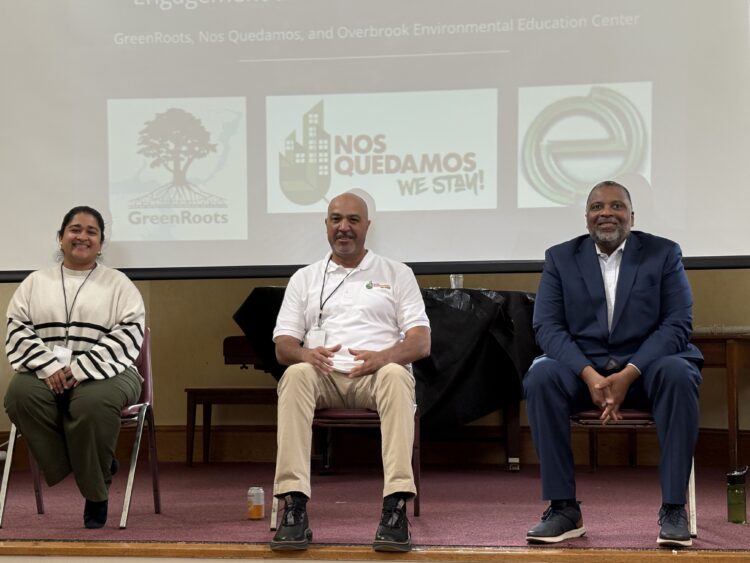
Support local leaders
Deliver training, funding, and expertise
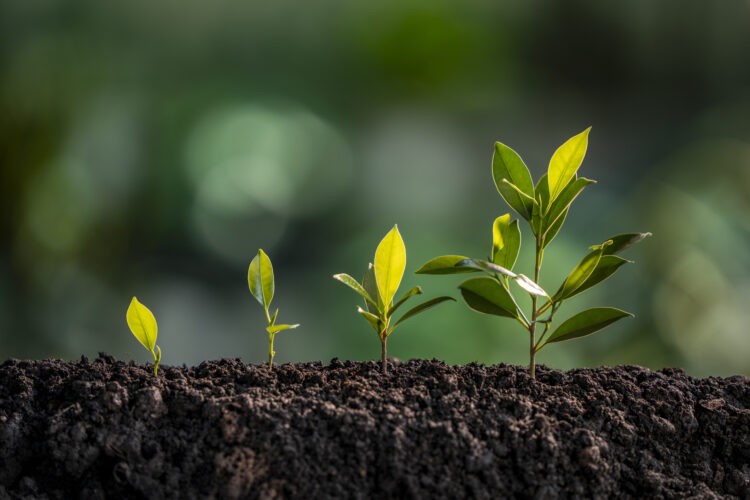
Create scalable solutions
Turn local effort into global impact
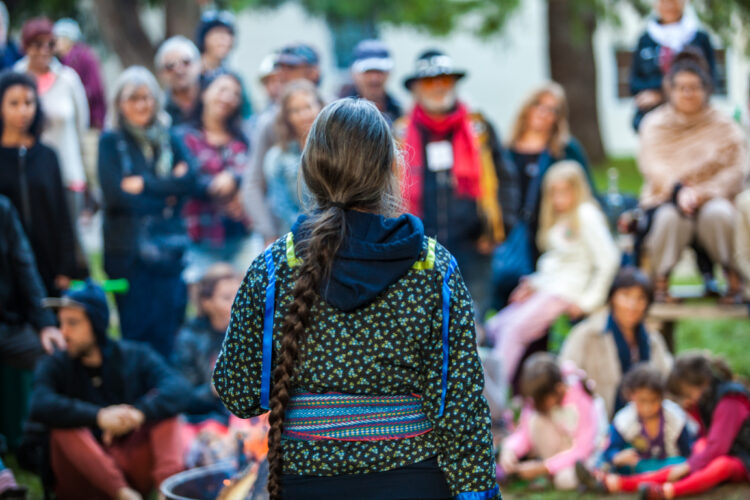
Continue the partnership
Connect communities with ongoing support
Meet the People Behind the Change
Real change happens when communities lead the way. Here are some of their stories.
Start Making a Difference
When you support ISC, you’re not just funding projects—you’re building a better future for people around the world.
Stay informed. Stay inspired.
Connect With ISC at the Next Event
Get innovative insights directly from our experts at an event near you.
